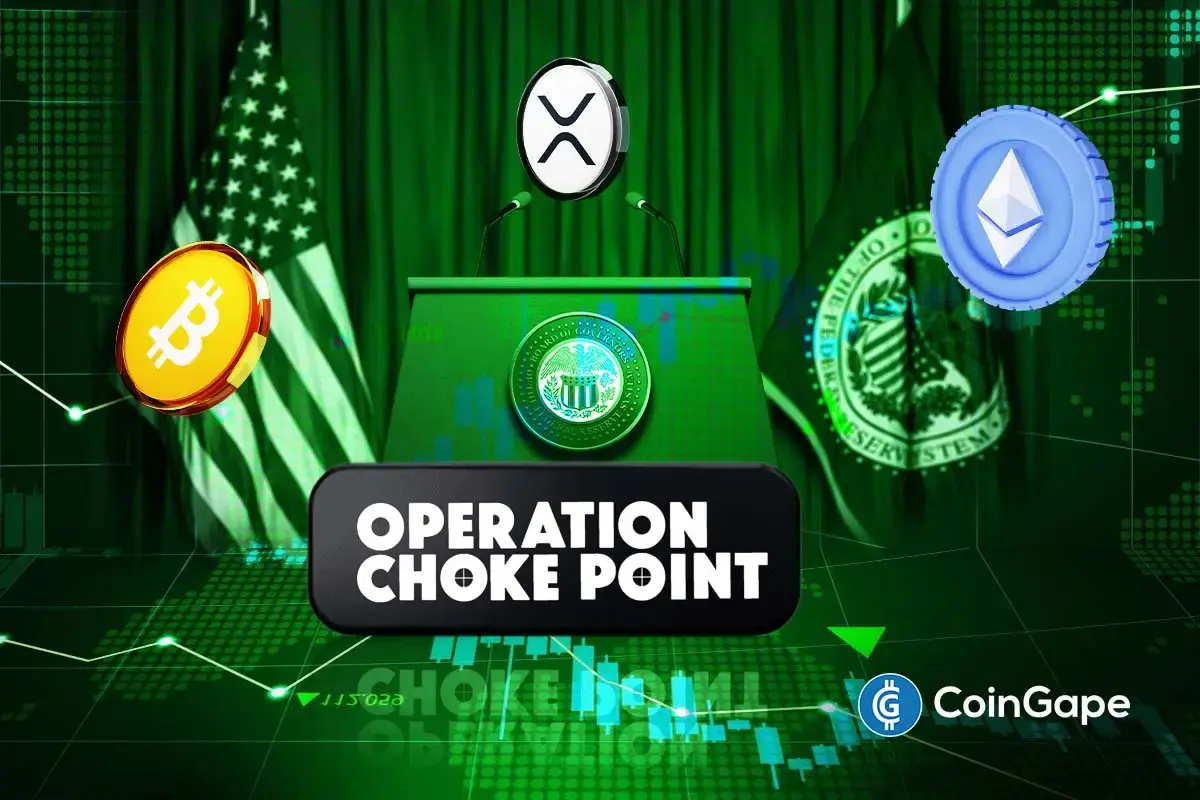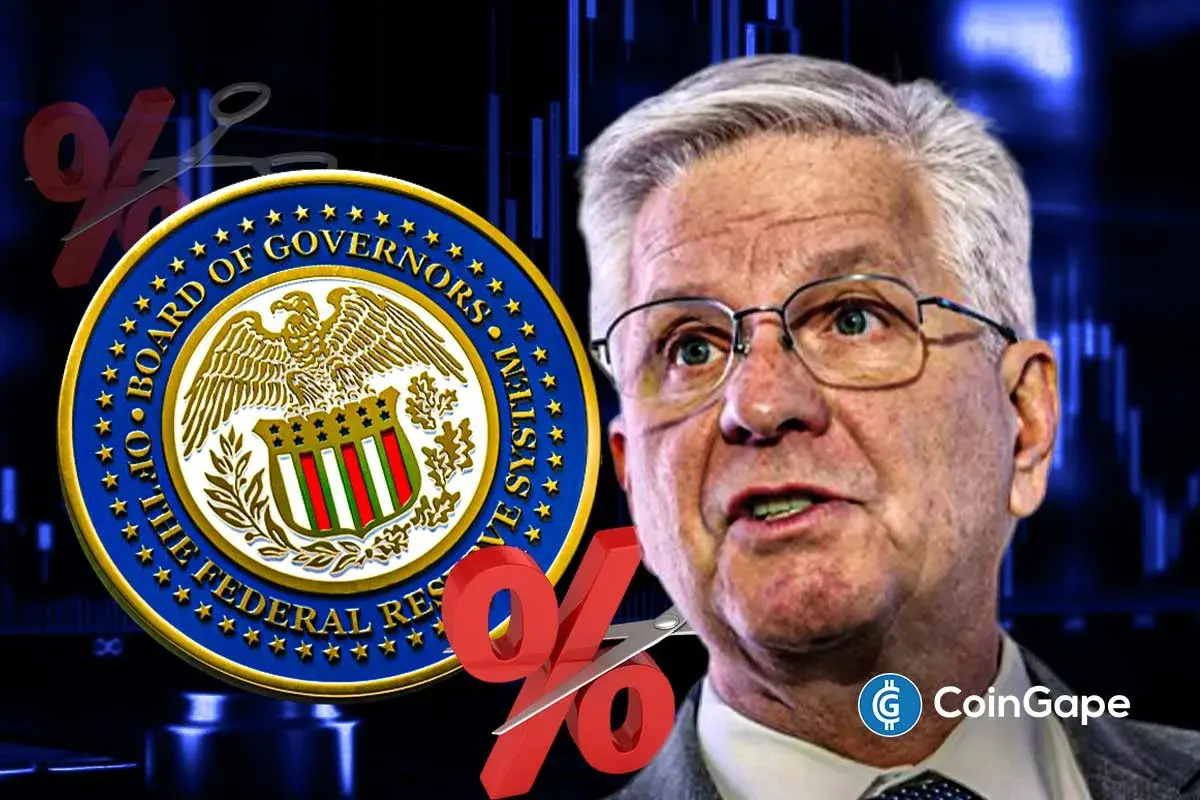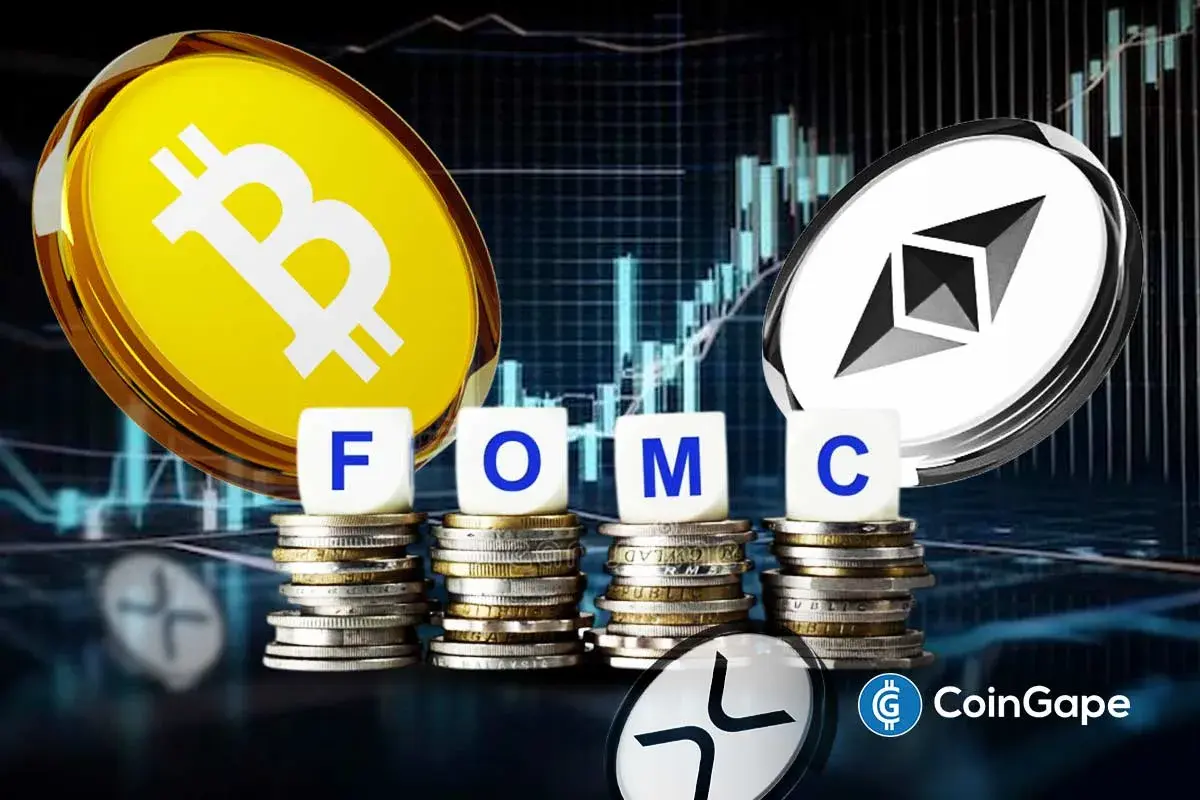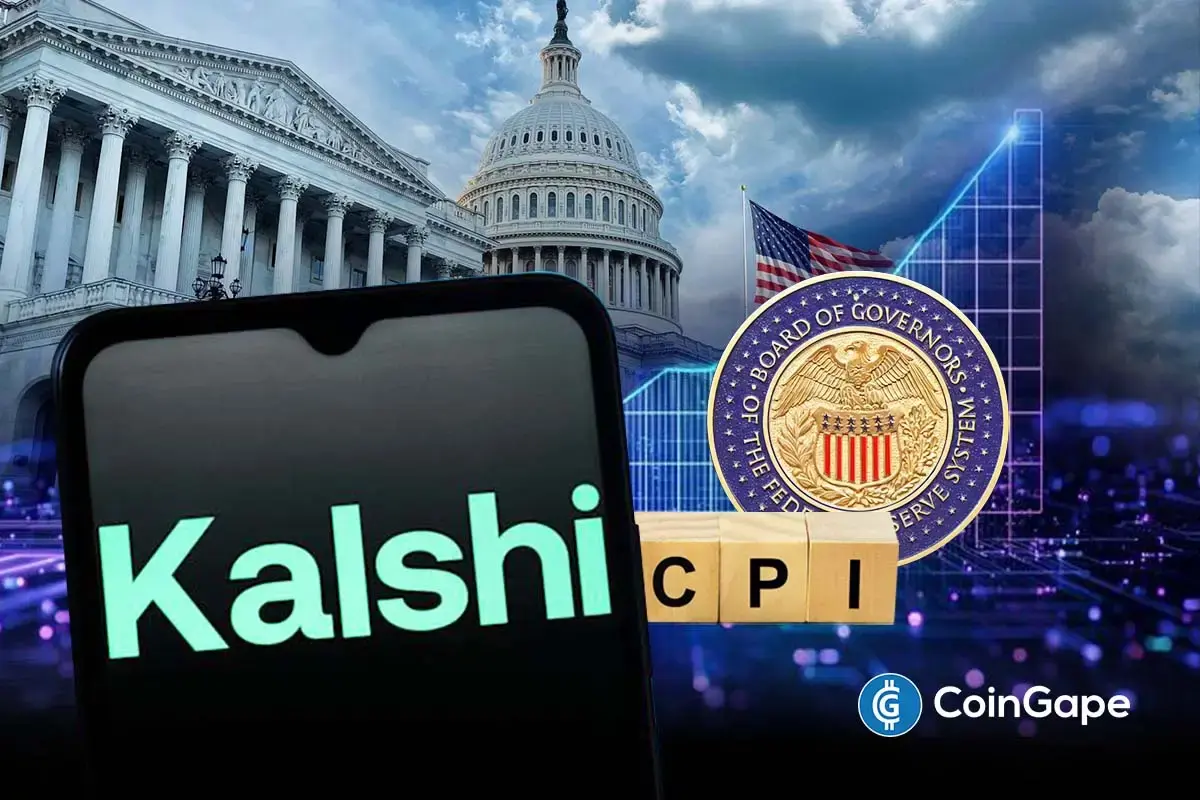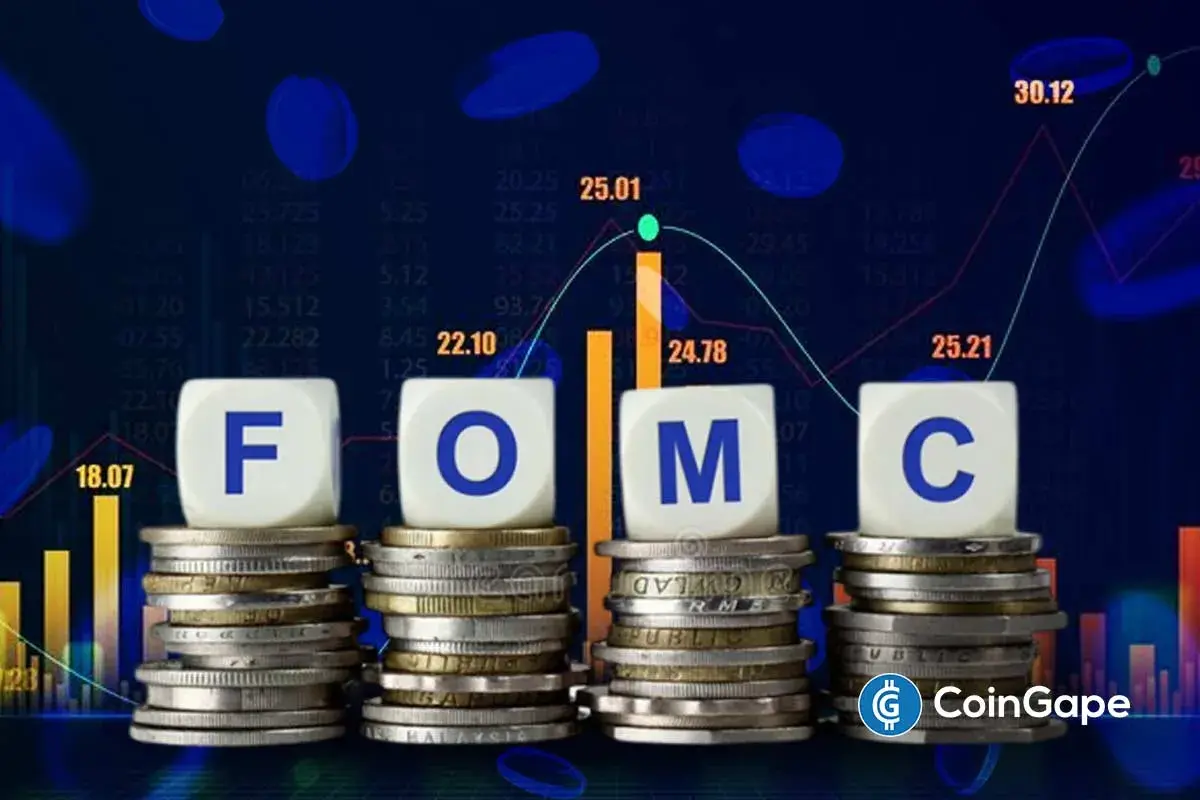After U.S, Now Japan Calls for Strong Regulations of Stablecoins
In a fresh development, Japanese regulators are now stepping up efforts to regulate digital currencies, especially stablecoins. In exclusive coverage, Reuters reports that the Japanese government is closely watching the sharp growth of the crypto market and remains worried about its impact on the country’s financial system.
Tokyo wants to engage with global financial regulators to work out stricter rules on private digital currencies. The financial bosses at the G7 and the G20 group have called for greater regulations of the fiat-pegged digital currencies aka stablecoins.
Japan’s topmost financial regulator Financial Services Agency (FSA) has formed a new division to oversee crypto regulation. This new unit shall oversee a broader market of “decentralized finance”. Thus, it will oversee all blockchain-based financial operations that don’t have central intermediaries.
Similarly, Japan’s Finance Ministry has beefed up efforts in this direction. The official added: “Japan can no longer leave things unattended with global developments over digital currencies moving so rapidly”.
The development comes and the Japanese central bank has accelerated efforts for Digital Yen. Earlier this month, the Bank of Japan said that Digital Yen will have more clarity by the end of 2022. The central bank thinks that Digital Yen will be a safer alternative to private settlements.
Global Regulators Target Stablecoins
This development from Japan comes just a day after the comments from Federal Reserve Chairman Jerome Powell. The Fed Chairman said that, unlike banks, there’s still a lack of a strong regulatory framework for governing stablecoins. Powell also stated that too many stablecoins in the market will result in the fragmentation of the financial space.
Thus, if stablecoins have to be there in the financial space, there must exist a proper regulatory framework. Last month, the Bank of England (BOE) said that stablecoins should be regulated the same way as the payments are handled by banks.
- Just-In: Ethereum Foundation Begins Staking 70,000 ETH, Futures Open Interest Bounces
- 8 Best White Label RWA Tokenization Platform Development Companies
- Hong Kong Stablecoin Firm RedotPay Targets $1B Raise in Potential US. IPO Debut
- Crypto Market Crash: Glassnode & 10x Research Warn Deeper Bitcoin Price Fall Ahead
- Operation Chokepoint: Federal Reserve Advances Proposal to End Crypto Debanking
- XRP Price Outlook as Clarity Act Passage Odds Plunge to 53%
- COIN Stock Risks Crashing to $100 as Odds of US Striking Iran Jump
- MSTR Stock Price Predictions As Michael Saylor’s Strategy Makes 100th BTC Purchase
- Top 3 Meme Coins Price Prediction As BTC Crashes Below $67k
- Top 4 Reasons Why Bitcoin Price Will Crash to $60k This Week
- COIN Stock Price Prediction: Will Coinbase Crash or Rally in Feb 2026?





